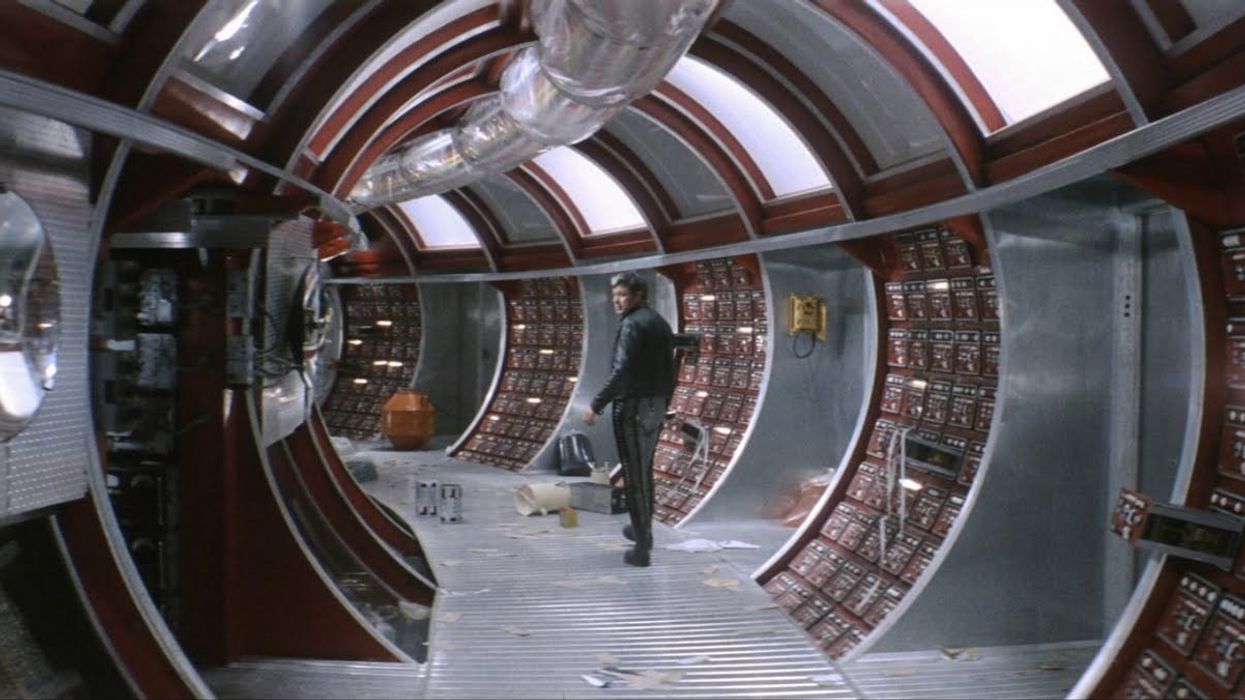Watch: 'The More We Know, The Less We Know,' The Films of Andrei Tarkovsky
This video essay pays tribute to eight Tarkovsky classics in seven minutes.

Ingmar Bergman said, of Andrei Tarkovsky, Russia's most acclaimed modern filmmaker, "Tarkovsky is the greatest of them all. He moves with such naturalness in the room of dreams. He doesn't explain. What should be explained anyhow?" In this video from Movies in Five Minutes, clips from seven of his most acclaimed films: Ivan's Childhood (1962), Andrei Rublev (1966), Solaris (1972), Mirror (1975), Stalker (1979), Nostalghia (1983) The Sacrifice (1986) are shown, narrated by some of the filmmaker's own thoughts on his art.
Tarkovsky's first film, Ivan's Childhood, won the Golden Lion at the Venice Film Festival, and from then on, the director moved from strength to strength; many American viewers are most familiar with him indirectly, through Steven Soderbergh's 2002 remake of what is often called the Russian 2001, his space epic Solaris. But where Kubrick's film was always cerebral, even at its most oblique, Tarkovsky gave his science-fiction film—an adaptation of Stanislaw Lem's novel—an inescapable humanity. Tarkovsky's film, about a Cosmonaut (and a widower) who is tasked with investigating a strange phenomenon on a space station, is nothing less than lyrical science fiction, a film that's as much about grief as it is the stars. Where Kubrick transcended the human, Tarkovsky felt that even at the end of the galaxy, humans could not escape themselves.
Discussing art, Tarkovsky once said that some believe it "helps man to know the world, like any other intellectual activity. I don't believe in this possibility of knowing...Knowledge distracts us from our main purpose in life. The more we know, the less we know: getting deeper, our horizon becomes narrower."
"Getting deeper, our horizon becomes narrower."
Andrei Tarkovsky's films had many influences, from Kurosawa to Bresson, and he was widely admired in return. Any filmmaker or cinephile should be on an intimate basis with his work; they are films that touch the spirit of life without defining it, that are content instead to bask in the mystery.
Source: Filmmaker Magazine











